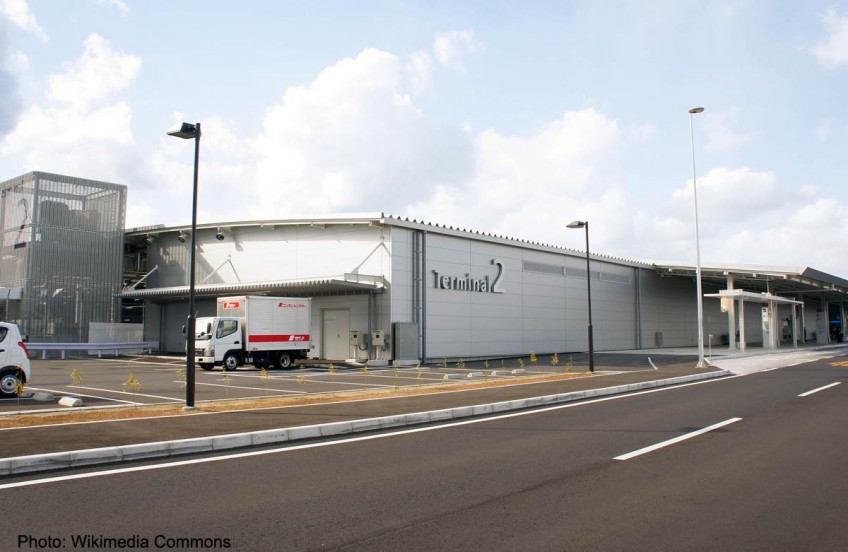Sinking under debt, Kansai airport privatisation presents test for Abe

TOKYO - After building an artificial island off Osaka to host a gleaming, new airport in 1994, officials discovered it was sinking into the sea.
More than 20 years later, the high-stakes deal to privatise Kansai International Airport could be at risk of a similar fate, an embarrassing setback in Prime Minister Shinzo Abe's drive to attract investments and cut its massive debt.
The problem: the government agency running the bid refuses to budge on an US$18 billion (S$24.9 billion) price tag that makes Kansai six times as expensive as a comparable deal in 2013 for airports in Portugal, insiders told Reuters.
"The government is trying to recover what it lost in Kansai. That is not going to work," said Sam Tabuchi, an expert in infrastructure investment at Toyo University.
The sale of the right to operate Kansai and its Renzo Piano-designed terminal represents Japan's first major attempt to auction the rights for cash-generating infrastructure and accounts for about a fifth of the funding the Abe administration expects to attract over the next decade with such projects.
Abe advisors have touted the Kansai deal, which will be followed by sales of rights to operate smaller airports, highways and water utilities in Japan, as crucial for creating a market for infrastructure and building a base of experience for Japanese companies to operate such projects overseas.
But investors balked at the price for the Kansai concession, which includes the rights to the smaller Osaka airport nearby.
That forced the state-owned company that runs the airport to extend by three months an initial bid deadline initially planned for February.
Officials from Japan's transport ministry and the finance ministry involved in the process told Reuters that lowering the price was not an option.
In addition, the current bid terms would shift all of the nearly US$10 billion debt run up by Kansai to a private investor.
Much of that represents costs incurred when planners discovered in 2000 that landfill under the airport was sinking and needed to be shored up with a massive retaining wall.
In December New Kansai, the company that currently runs the airport, named nine Japanese companies, including Orix Corp , Mitsubishi Corp and Mitsui Fudosan Co , as qualified bidders.
Foreign qualified bidders include Italian group Atlantia SpA , which controls Fiumicino Airport in Rome and Ferrovial , which has a stake in Heathrow Airport Holdings Ltd.
AMP Capital Investors and IFM Investors, two key investors in Melbourne Airport, are also on the list of potential bidders, while Citigroup Inc and SMBC Nikko Securities are advising New Kansai on the deal.
"We are potentially interested in joining a consortium as a provider of subordinated debt," AMP Capital said in a statement to Reuters. "We have held discussions with a number of parties and are currently monitoring developments."
Japanese officials defend the Kansai price based on the growing number of overseas visitors to Japan and the airport's capacity to add flights and operate around the clock.
Last year Kansai International Airport and Osaka International Airport attracted 32 million passengers.
But Hiroki Shibata, director at Standard and Por's, said Tokyo may need to abandon some debt if it wants to find a buyer and provide some backstop to investors against risks like the disruption from an epidemic or political turmoil.
"Asking private companies to shoulder all of the current debt involves a very heavy burden on their creditworthiness," he said.